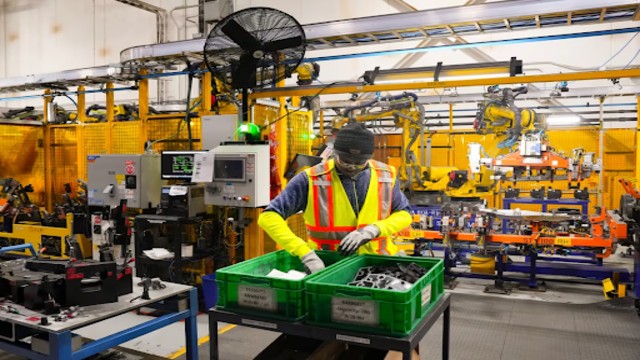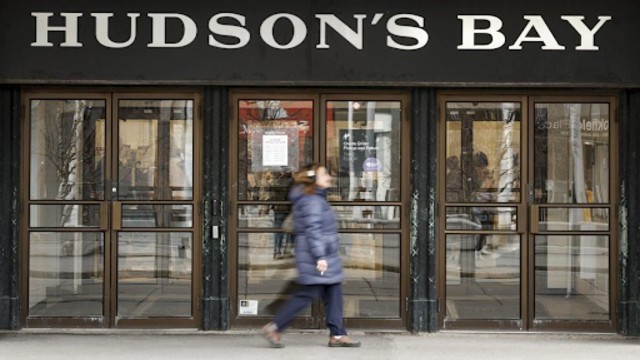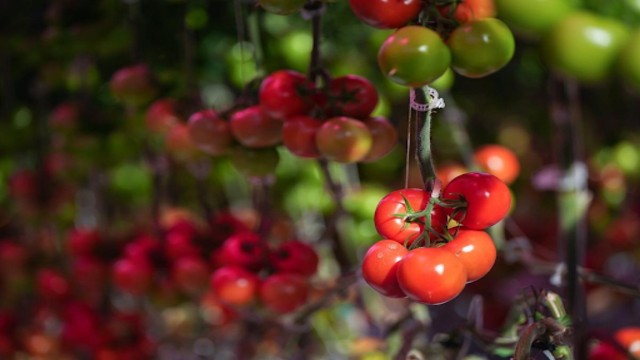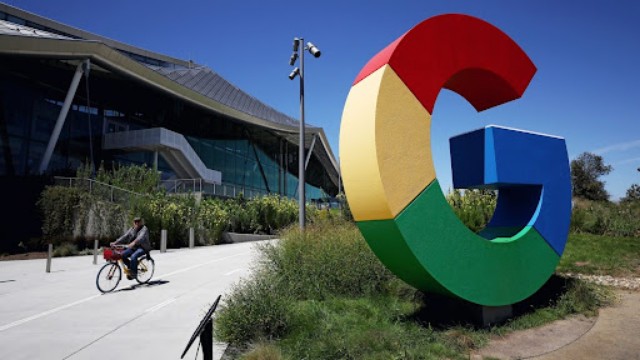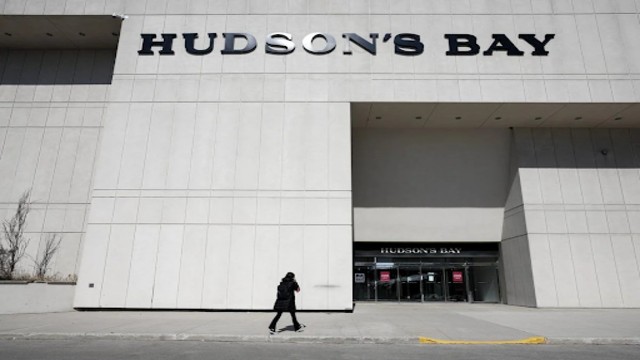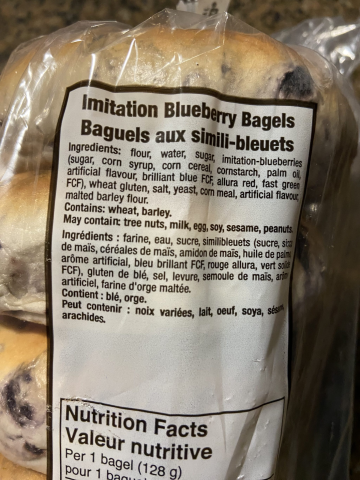
A customer looking for blueberry bagels found ‘Imitation’ blueberry bagels. Global News
Consumer analysts are cautioning customers about a new concern alongside food inflation and shrinkflation: skimpflation. Skimpflation occurs when manufacturers opt to reformulate products, usually by substituting cheaper ingredients, according to consumer watchdog Edgar Dworsky.
Dworsky, known for analyzing food products in the United States, shared his findings on Consumer World, noting instances where certain items like salad dressing and margarine reduced the amount of oil and compensated by adding water and salt. This practice joins the array of strategies employed by companies to manage costs, including raising stock prices, reducing product size, or offering less quantity.
Attributing skimpflation to rising costs of raw materials, labor, and transportation, Dworsky suggests that manufacturers, pressed by inflation, resort to using less expensive ingredients to cut costs. This shift is, however, challenging for consumers to detect since product recipes and formulas are not disclosed to the public.
An example of skimpflation was observed in Edmonton, where Costco blueberry bagels were found not to contain any actual blueberries. The ingredients listed included flour, water, sugar, and "imitation-blueberries," which comprised sugar, corn syrup, corn cereal, cornstarch, palm oil, artificial flavor, and three food colorings.
Sylvain Charlebois, the director of Dalhousie University's agri-food analytics labs, notes that skimpflation has been ongoing for several years, but advances in technology have enabled consumers to catch a few cases. Charlebois emphasizes the difficulty companies face in getting away with skimpflation due to increased consumer awareness through social media.
As an example, Charlebois mentions Quaker's Dipps granola bar brand, which replaced milk chocolate with a 'chocolatey coating' using palm oil and modified milk ingredients, citing the rising costs of cocoa.
Shoppers, unaware that manufacturers may be altering ingredients, express concern about the lack of transparency. Some pledge to pay closer attention during their next grocery run, highlighting the importance of reading ingredient labels, particularly with health considerations.
Charlebois predicts that skimpflation cases may rise with the implementation of a new nutrition law. Starting January 1, 2026, products with high levels of sodium, fat, or sugar will be required to include a label, prompting companies to reformulate products to avoid negative labeling. However, Charlebois notes that this could lead companies to replace expensive ingredients with cheaper alternatives, continuing the trend of skimpflation.




